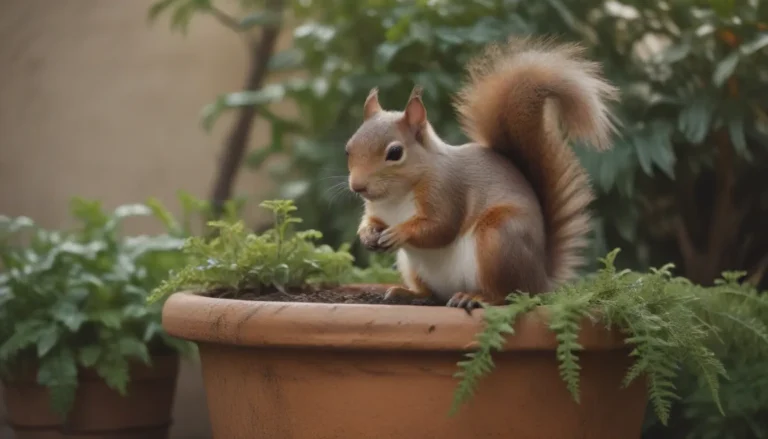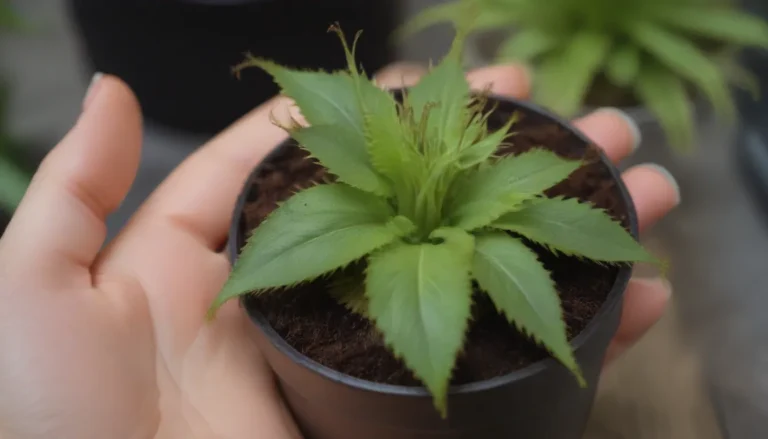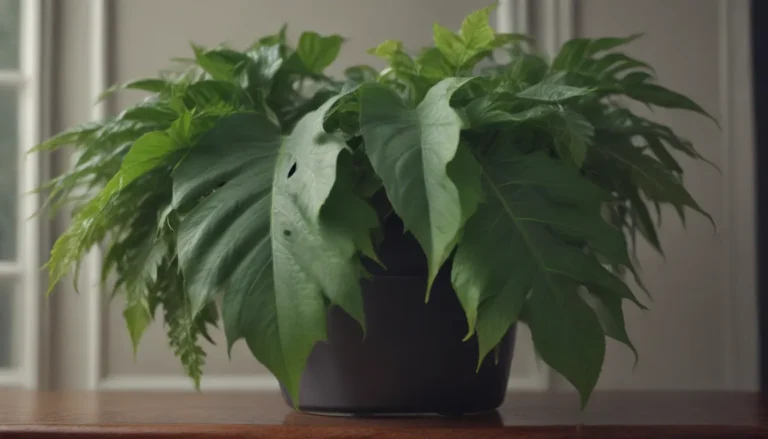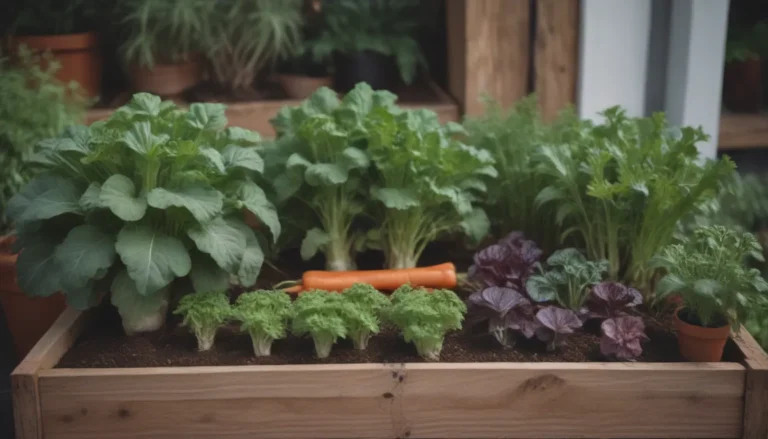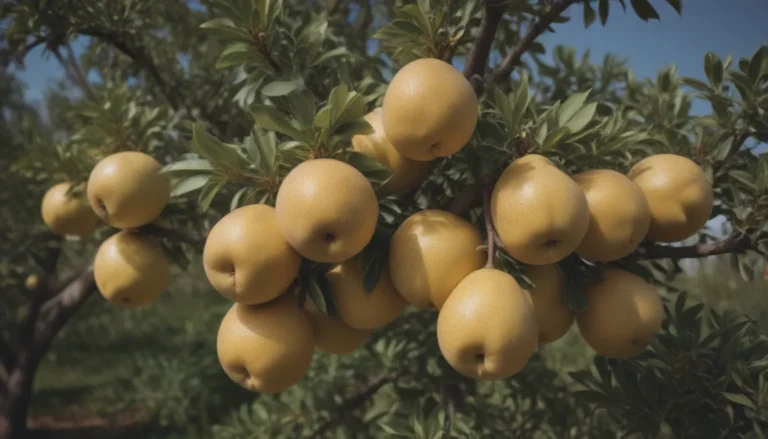Companion Planting: The Key to Successful Raspberry Growth
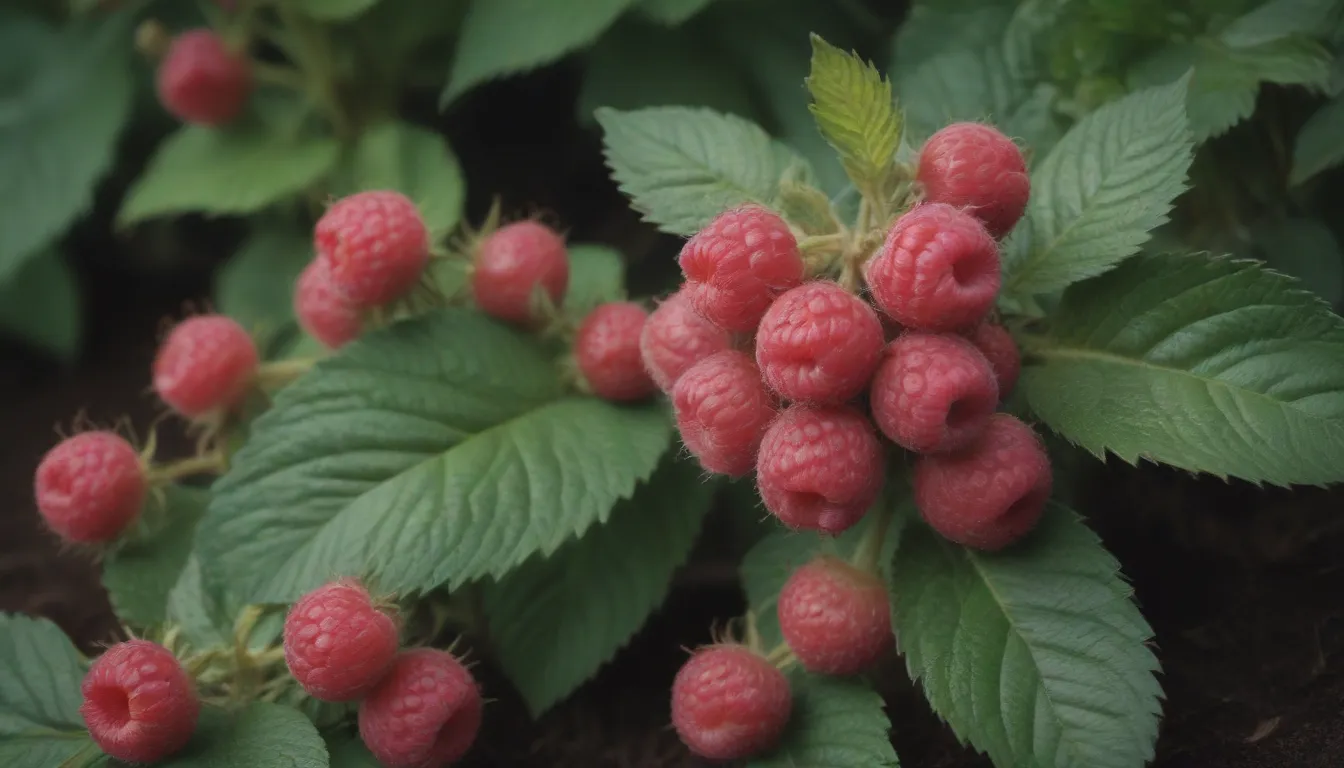
Raspberries are a delightful addition to any garden, offering sweet and juicy fruit that can be enjoyed fresh or used in a variety of culinary creations. To ensure your raspberry plants thrive and produce an abundant harvest, it’s important to consider companion planting. By strategically selecting plants to grow alongside your raspberries, you can help create a harmonious and beneficial environment that promotes healthy growth and fruit production.
Why Companion Planting for Raspberries Matters
Companion planting for raspberries involves selecting plants that have similar soil and sunlight requirements to create a mutually beneficial growing environment. Raspberries thrive in full sunlight and well-drained, sandy loam soils rich in organic matter. When choosing companion plants for your raspberry patch, consider plants that can coexist harmoniously with your raspberry bushes and provide additional benefits such as pest control, soil enrichment, and improved pollination.
Good Companion Plants for Raspberries
- Garlic: Known for its pest-repellent properties, garlic can help deter pests that may harm your raspberry plants.
- Leeks, Onions, and Chives: These members of the allium family can help repel harmful insects and add flavor to your culinary creations.
- Marigolds: Marigolds are known for their ability to repel nematodes and other pests, making them a valuable companion for raspberries.
- Lavender: Lavender not only adds beauty to your garden but also attracts beneficial pollinators such as bees and butterflies.
- Nasturtiums: These vibrant flowers can help repel aphids and other pests that may damage your raspberry plants.
- Yarrow: Yarrow attracts beneficial insects and can help improve soil health with its deep roots.
- Chamomile: Chamomile is a calming presence in the garden and can help improve soil quality.
- Mint: Mint can help deter pests and add a refreshing aroma to your garden.
- Turnips: Turnips can help break up compacted soil and add nutrients to the soil.
- Spring Cover Crops: Planting cover crops such as clover or vetch in the spring can help protect the soil and add nutrients.
- Late Summer Cover Crop: Consider planting cover crops like buckwheat or oats in late summer to improve soil health before winter.
By integrating these companion plants into your raspberry patch, you can create a diverse and beneficial ecosystem that supports the growth and development of your raspberry plants.
What Not to Plant Near Raspberries
While some plants can enhance the growth and fruit production of raspberries, others can pose a threat by transmitting diseases or competing for resources. Avoid planting the following near your raspberry bushes:
- Tomatoes
- Blueberries
- Potatoes
- Peppers
- Strawberries
- Eggplant
- Wild and Cultivated Raspberries
- Boysenberries, Blackberries, and Gooseberries
By steering clear of these plants, you can help protect your raspberries from potential harm and ensure they have the best chance of thriving.
The Benefits of Companion Planting
Companion planting has been practiced for centuries and is based on the concept of planting different species together to create a mutually beneficial relationship. By strategically selecting companion plants, you can:
- Improve soil health: Some companion plants help enrich the soil with nutrients and organic matter, promoting healthy growth.
- Repel pests: Certain companion plants have natural pest-repellent properties, helping protect your raspberry plants from insect damage.
- Attract pollinators: By planting flowers that attract pollinators, you can enhance pollination and improve fruit set.
- Enhance flavor: Some companion plants can influence the flavor of your raspberries, adding unique taste profiles to your harvest.
Companion planting is a simple yet effective way to create a thriving garden ecosystem that supports the growth and development of your raspberry plants.
Gardening Best Practices for Raspberry Care
In addition to companion planting, there are several best practices you can follow to ensure your raspberries thrive:
- Rotate crops: Regularly rotating your crops can help prevent soil-borne diseases and nutrient depletion.
- Use fungicides wisely: When necessary, use fungicides to protect your raspberry plants from fungal diseases.
- Enrich the soil: Regularly adding compost to your soil can help nourish your plants and promote healthy growth.
- Monitor for pests: Keep an eye out for pests that may harm your raspberry plants and take steps to mitigate their impact.
By incorporating these practices into your gardening routine, you can help create an optimal growing environment for your raspberries and enjoy a bountiful harvest.
The Art of Companion Planting: A Timeless Practice
Companion planting is a time-honored gardening technique that offers a host of benefits for your raspberry plants. By carefully selecting companion plants that complement and support your raspberries, you can create a thriving garden ecosystem that promotes healthy growth and abundant fruit production. Whether you’re a seasoned gardener or just starting out, companion planting for raspberries is a simple and effective way to enhance the health and vitality of your garden.
So why not give it a try in your own garden? Experiment with different companion plants, observe the results, and reap the rewards of a flourishing raspberry patch. With a little planning and creativity, you can transform your garden into a vibrant and productive space that sustains both you and your plants.
Remember, the key to successful gardening lies in harmony and balance. By embracing the art of companion planting, you can cultivate a thriving garden that nourishes both your body and soul. Happy planting!
